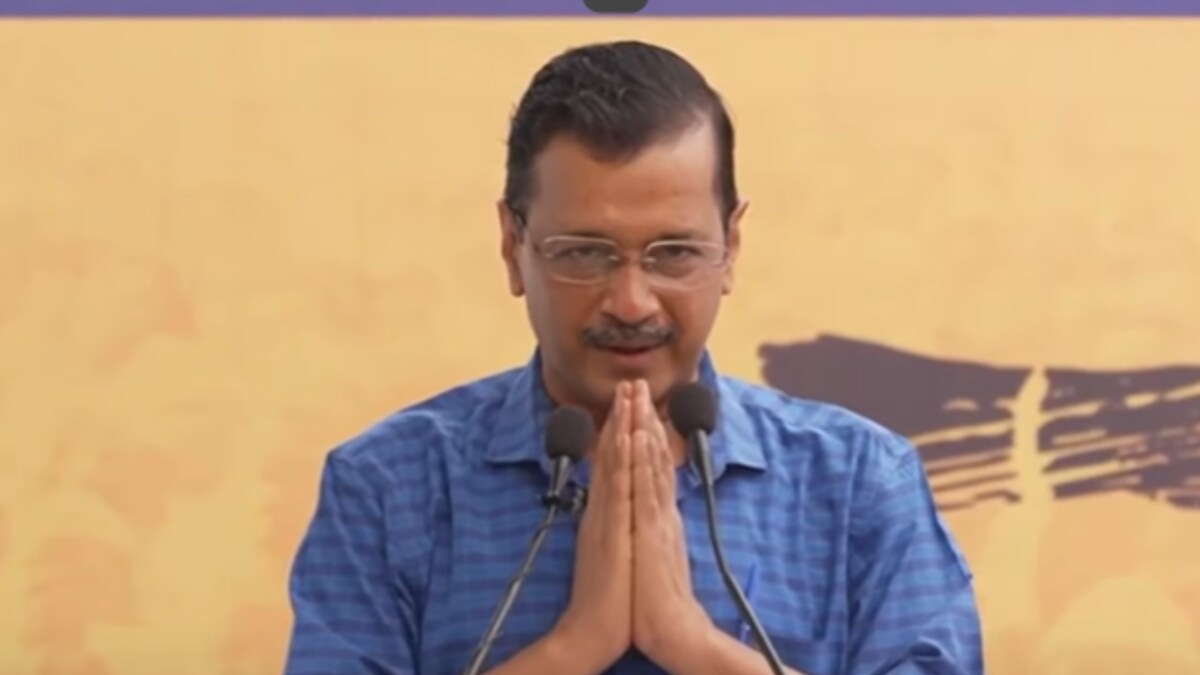 |
|
The political landscape of Delhi has been thrown into turmoil following Arvind Kejriwal's announcement of his impending resignation as Chief Minister. The move, which is scheduled to take place within the next two days, has been met with a chorus of criticism and skepticism from both the BJP and the Congress, with both parties branding it a calculated strategy rather than a genuine act of accountability.
The BJP, the main opposition party in Delhi, has been quick to dismiss Kejriwal's resignation as nothing more than a desperate attempt to salvage his tarnished image. Pradeep Bhandari, a BJP national spokesperson, characterized it as a “PR stunt,” stating that Kejriwal's reputation among Delhi voters has been irrevocably damaged by the corruption allegations surrounding him and the AAP. Bhandari went on to claim that Kejriwal's decision is a ploy to regain public favor and deflect blame amid mounting public pressure.
Adding fuel to the fire, BJP sources have suggested that Kejriwal should have resigned long ago, highlighting the public's anger towards him. They further claimed that the BJP is well-positioned in Delhi, indicating their eagerness to capitalize on the potential political vacuum created by Kejriwal's resignation. Bhandari went further, drawing a parallel between Kejriwal's move and the “Sonia Gandhi model,” a reference to the controversial period when Sonia Gandhi allegedly wielded significant influence over the government while Manmohan Singh was Prime Minister. This analogy suggests that the BJP perceives Kejriwal's resignation as a calculated maneuver to create a power vacuum and allow him to exert influence from behind the scenes.
The Congress, meanwhile, has dismissed Kejriwal's resignation as a mere “gimmick,” highlighting its long-standing calls for his removal from the Chief Minister's post. Sandeep Dikshit, a prominent Congress leader, has expressed disbelief at the unprecedented conditions imposed on Kejriwal by the Supreme Court, including a directive not to enter the Chief Minister's office or sign any documents. Dikshit argued that such restrictions have never been placed on any other Chief Minister, suggesting that the Supreme Court's actions reflect a serious concern regarding Kejriwal's potential interference with evidence related to the ongoing excise policy corruption case.
The Congress's sharp criticism further underlines the party's disdain for Kejriwal and the AAP, while also revealing their own eagerness to potentially benefit from the turmoil within the Delhi political scene. The party's statement suggests that they are not entirely convinced by Kejriwal's motivations and are prepared to exploit the situation to their advantage. Dikshit's assertion that “there is no correlation between morality and Arvind Kejriwal” reflects the Congress's long-held view of Kejriwal as a politically opportunistic figure with questionable moral principles.
While the BJP and Congress are quick to condemn Kejriwal's resignation, their motives appear to be largely driven by political expediency. Both parties seem to be using the situation to gain political mileage and position themselves favorably in the upcoming Delhi elections. However, the real repercussions of Kejriwal's decision remain to be seen. The outcome of the upcoming elections will ultimately determine whether the public embraces his resignation as a genuine act of accountability or perceives it as a calculated PR stunt. The next few months will be crucial in shaping the political landscape of Delhi, with both the BJP and Congress poised to capitalize on any opportunity that presents itself.
Source: ‘PR Stunt, Gimmick’: BJP, Congress React To Kejriwal’s Bid To Resign As Delhi CM
